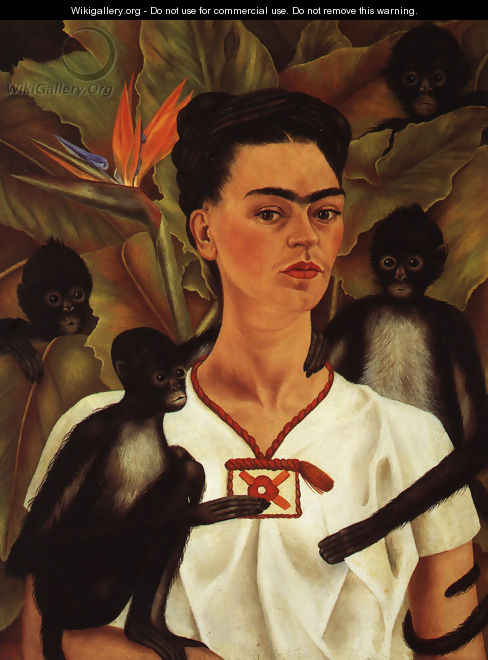In 1976 Buenos Aires, a ten-year-old boy lives in a world of school lessons and comic books, TV shows and games of Risk—a world in which men have superpowers and boys can conquer the globe on a rectangle of cardboard.
But in his hometown, the military has just seized power, and amid a climate of increasing terror and intimidation, people begin to disappear without a trace.
When his mother unexpectedly pulls him and his younger brother from school, she tells him they’re going on an impromptu family trip. But he soon realizes that this will be no ordinary holiday: his parents are known supporters of the opposition, and they are going into hiding.
Holed up in a safe house in the remote hills outside the city, the family assumes new identities. The boy names himself Harry after his hero Houdini, and as tensions rise and the uncertain world around him descends into chaos, he spends his days of exile learning the secrets of escape.
Kamchatka is the portrait of a child forced to square fantasy with a reality in which family, politics, history, and even time itself have become more improbable than any fiction. Told from the points of view of Harry as a grown man and as a boy, Kamchatka is an unforgettable story of courage and sacrifice, the tricks of time and memory, and the fragile yet resilient fabric of childhood.
-
-Short-listed for the Independent Foreign Fiction Prize
-
“Subtle . . . Brilliantly observed, heartrending.”—Financial Times
-
“Interesting and insightful . . . Engrossing, often funny, and very, very unsettling.”—The Brooklyn Rail
-
“Stark and immediate, more moving because it is presented without sentimentality . . . [Written] with wry comedy . . . the tenderness breaks your heart.”—Booklist
-
“A masterpiece . . . Written in beautiful prose.”—De Telegraaf (Netherlands)
-
“Interesting and insightful . . . Engrossing, often funny, and very, very unsettling.”—The Brooklyn Rail
-
“Figueras writes with power and insight about the ways in which a child uses imagination to make sense of terrifying and baffling reality.”—The Times (UK)
-
“Tender, severe, moving, elegiac.”—El País (Spain)
“Brilliant.”—The Independent
-
“This powerful novel brings to life the atmosphere of desperation following Argentina’s military coup of 1976. . . . A richly drawn, moving and memorable novel, a fine tribute to ‘los desaparecidos,’ Argentina’s ‘disappeared’”—Irish Examiner
About the Author
Born in 1962 in Buenos Aires, Marcelo Figueras is an award-winning journalist, screenwriter, and novelist. He has also been a war correspondent and singer. Figueras makes daily contributions to the Spanish-language literary blog, www.elboomeran.com. His books have previously been translated into French, German, Dutch, Polish and Russian; This is his first novel to be published in English.







the choice of the Roles immediately replica watchespost its physical evaluation by their watchmaking team. What’s more, in case of a non-agreement on price or change of decision,rolex replica authentic auctioneers will also return the timepiece to you at their cost. The final verdict should always lie with you since it is, after all, your most desired first Rolex watch!
2016-07-11keyun
kobe shoes
adidas superstar shoes
asics running shoes
louis vuitton purses
ray bans
nike air force 1 shoes
tory burch flats
kate spade outlet
air jordan shoes
nike roshe run mens
lebron 11
kate spade outlet
louis vuitton outlet stores
air jordan 4
michael kors outlet
beats by dr dre
louis vuitton bags
true religion outlet
hollister shirts
louis vuitton outlet online
nike air huarache
louis vuitton purses
tory burch flats
jordan retro 11
louis vuitton outlet
michael kors outlet
true religion outlet store
jordan shoes
louis vuitton outlet
polo ralph lauren outlet
nike roshe run
gucci outlet online
louis vuitton
coach factory outlet
ralph lauren home
cheap ray ban sunglasses
louis vuitton handbags
ralph lauren
cheap toms shoes